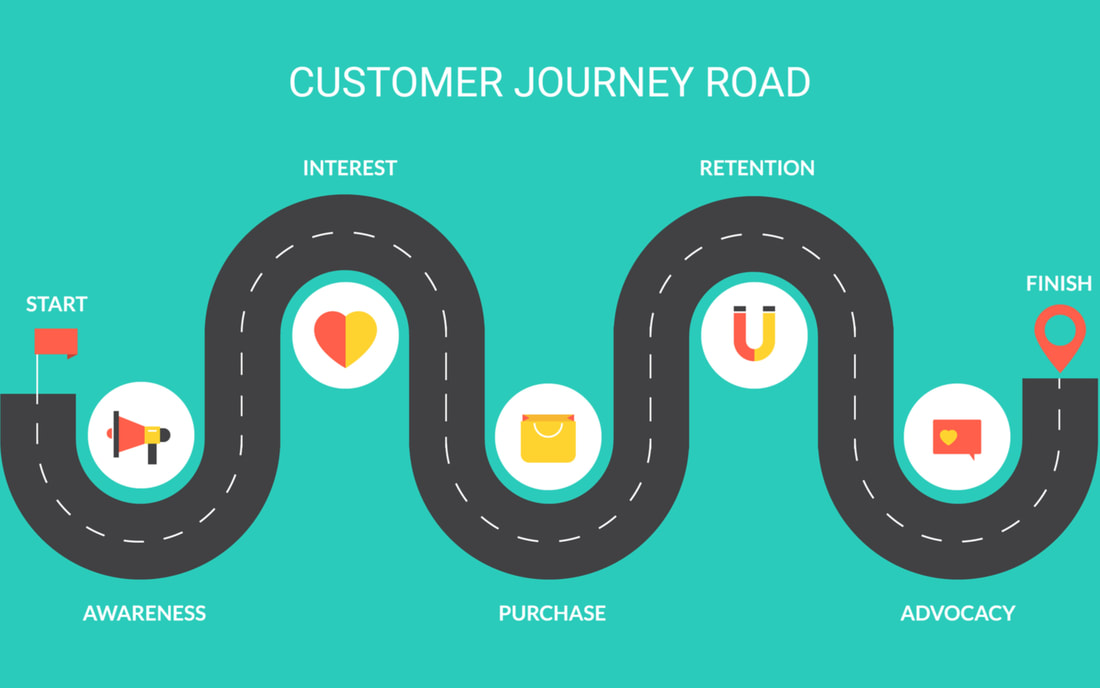
Written by the The Melotti Content Media Team, checked by Christopher Melotti
The quest to understand the humble human customer has been at the core of Marketing since the beginning of time – and still continues today.
In fact, in the digital age of technology, AI and Automation, it’s even more important to understand more about consumer psychology than ever before.
Here’s what you need to know about customer behaviour, and how to achieve marketing success through this appreciation.

One of the greatest challenges for Marketers is the study of the complicated human being.
Whilst marketers spend so much time, effort and resources investigating customer behaviour through scientific studies and market research, we continue to find that the human consumer is not as simple as most textbooks and ‘gurus’ lead us to believe.
The real truth behind this is that, as humans, we can be quite irrational when it comes to decision making and behaviour, taking significant influence from so many different sources, most of which we aren’t even aware of.
I have attempted to summarise a few main points about consumer behaviour and psychology, to assist marketers appreciate the complexity of their target consumer.
After all, a better understanding will help sharpen communication campaigns and marketing strategies by aligned more closely with behaviour.

1. Real Decisions Are Emotion Based.
Consumers base most, if not all of their instinctual decisions on their emotional state, and far less on logical checklists (if at all). This is why branding and positioning can be so effective: if you can appeal to a consumer’s emotional needs, it becomes highly attractive to them.
A consumer is naturally egocentric and their world revolve around them. This means that they will always seek to locate and decide upon options that benefit and reflect them on an emotional level.
For example, a customer will buy a highly expensive watch or car, not because of the price per se; they buy it because others cannot afford it, making them feel unique or superior. They receive a sense of pride and self-worth. Other people will admire them. The product fits with their portrayed self-image. All of these are emotional needs.
2. Consumers Will Substantiate Their Emotional Decision Using Facts Afterwards
Building upon the above point, after a consumer receives a favourable emotional bond with a product, and thus desires it, the logical side finally kicks in.
A consumer will automatically grow wary about this emotional ‘pull’ and cannot validate a purchase simply based on this feeling, so they will search for solid facts that will help them justify their need or want.
This is why marketers must provide easily accessible factual information to consumers after hitting the emotional button; if these facts are present, the consumer will discover their own justifications for the purchase and feel comfortable that logic had a say in screening their decision.

3. Consumers Crave Value
Not to be confused exclusively with a monetary figure, value is subjective and basically represents the consumer’s perceived benefit, minus all costs involved. This incorporates time, inconvenience, money, cost of substitutes and so forth.
A successful product is one where the consumer is shown enough information for them to evaluate that the benefits of their purchase is at least equal, if not far outweighed by the costs.
4. Humans Are 'Humanistic'
Basically, human thought processes are strongest when relating to social interaction with other people. Therefore, marketing messages that are relatable to the target audience by, for example, using names, real situations or quotes, will be more effective and meaningful.
5. Ultimate Free Will
Whilst marketing campaigns can be extremely effective and compelling, it’s important to appreciate that consumers can never be forced to behave in a specific way: sometimes, even when all the boxes are ticked, a consumer may still behave unexpectedly. Therefore, the most basic of marketing principles holds true here: make your product offering as appealing and valuable to your target audience as possible.

6. People Enjoy Purchasing
Consumers enjoy discovering new products and technologies, and get a thrill from curiosity and ownership. This is because they look for products that appeal to them on an emotional level, and therefore, a level of satisfaction is achieved when a purchase is made (ie: the term ‘retail therapy!’).
A successful product should add to this feeling of ecstasy, and not sour the experience through inconvenience or creating buyer’s remorse.
7. People Are Sceptical
Years of consumerism has ingrained a natural suspicion in the average person these days- and rightly so.
Therefore, marketing efforts need to focus more on assisting and providing the right information, rather than persuading and pushing people into a purchase. A good marketing campaign aims to reassure the target market, not repulse or fear them.
8. Insatiable Emotional Desires
Humans constantly manifest emotional needs (such as riches, self-satisfaction, love, and so on) because they are always naturally dissatisfied with their current state. Related to a few of the earlier points, products that get in touch with their emotional target audience and appeal to these cravings will attract their attention.

9. Consumers Love Convenience
In today’s electronic age where everything is available online and extremely fast, consumers will gravitate to the easiest method of acquisition- it ties in with the value proposition and how much energy it takes to obtain the good, versus the benefit. So, if a product is convenient, consumers view the cost as lower and therefore the value as higher.
On the other hand, if it is an exclusive product available in limited locations, then the appeal of exclusivity and individuality must outweigh the need for convenience to the target audience.
10. Tangible Sampling
People appreciate samples and a chance to examine the product, risk-free, before purchasing. Some consumers will avoid online shopping for specific items that they wish to see or feel for this very reason- their need for convenience is less than their need to be in contact with the physical product.
Samples and free trials are a way to create a positive, risk-free experience for the consumer and encourage their positive purchasing behaviour.
11. Peer Pressures
Peer pressure and ‘group think’ effects are prominent with people within a society; especially one that is so connected with social media. We all take our cues from each other in certain aspects, and are very critical in others.
Humans will take into account a lot of external judgement when making purchasing decisions. A lot of our decisions can reflect how we think others will perceive us. This is why testimonials and messaging that focus on crowd impressions are effective.

Do you understand these 11 essentials when it comes to your customer?
These above pointers are just factors of consumer behaviour that I have studied and observed as a Marketing Professional.
The field of psychology is extremely complex, substantial and constantly evolving, however there is merit in attempting to rationalise a target consumer’s behaviour so that an effective marketing strategy and campaign can be developed.
Breaking down consumer behaviour highlights a common theme in a lot of marketing strategy and tactics: a lack of empathy.
The best way to understand consumer psychology when devising the most effective way to communicate with a target audience is to exercise a sense of empathy: put yourself into their shoes and ask yourself how you would react if you were shown your own campaign. This sounds extremely simple, however we continue to see organisations consistently rolling out expensive marketing efforts which have little to no real appeal to their target audience, instead, relying on frustrating repetition or messages that are not relatable.
Don’t just do marketing because you can; really consider of all of the complex humans you are trying to connect with.
How can Melotti Content Media help you connect with your customers?
To engage your ideal customer and witness new levels of business success, you need a powerful brand message, quality copywriting and consistent content marketing.
However, this is easier said than done.
You may find that you’re time-poor and spread thin. Or you still have a lot of unanswered questions. No need to worry!
As your Sydney Copywriters, Message Marketers and Brand Strategists, we can assist you with your content marketing while you focus on what matters to you – growing your Australian business.
Let’s start earning the results your business deserves! To speak to your trusted message marketers and Australian copywriters, email us at enquire@melottimedia.com.au or phone 1800 663 342.
The Melotti Content Media Team
Melotti Content Media | Copywriting & Message Marketing Bureau







